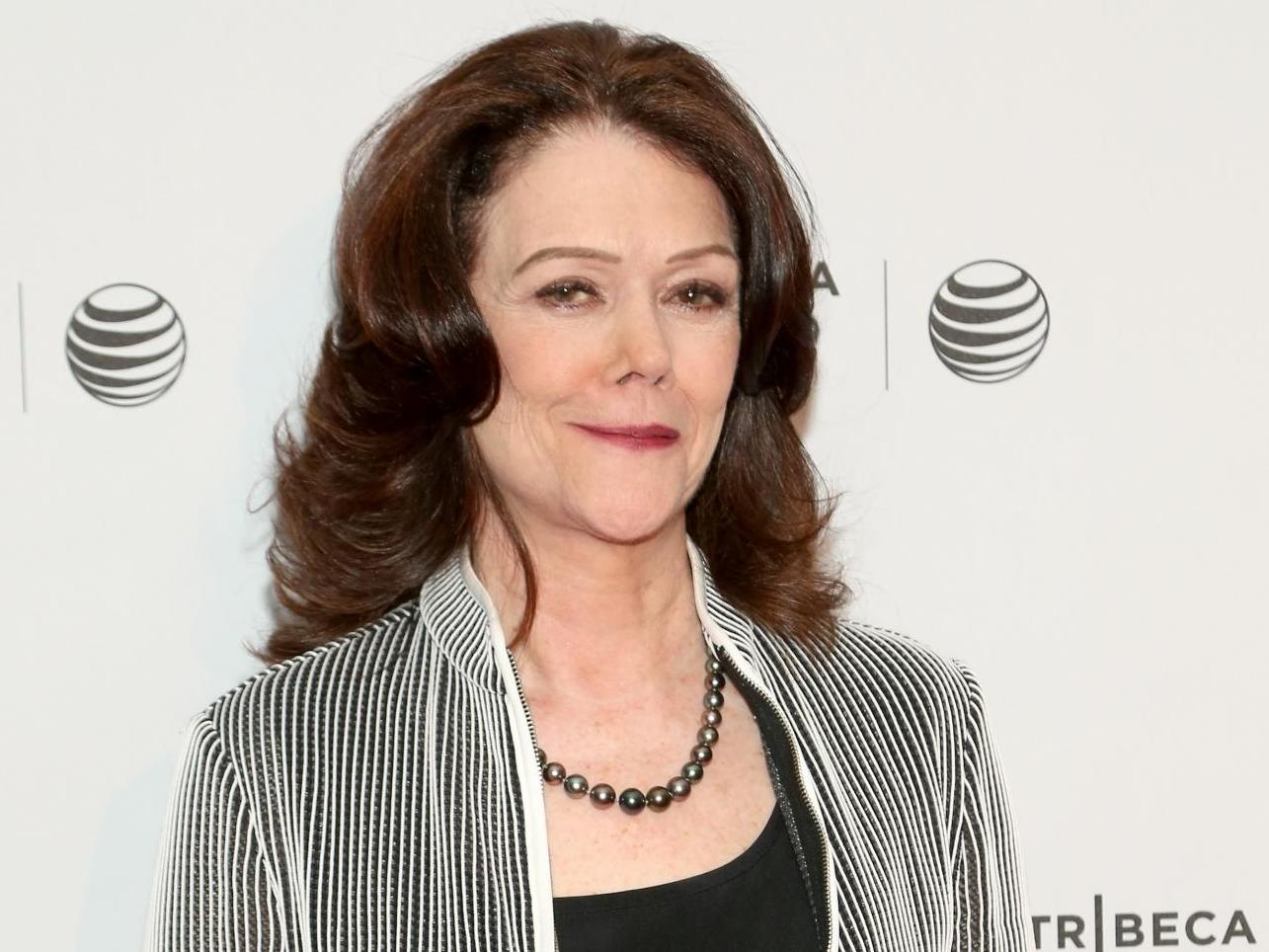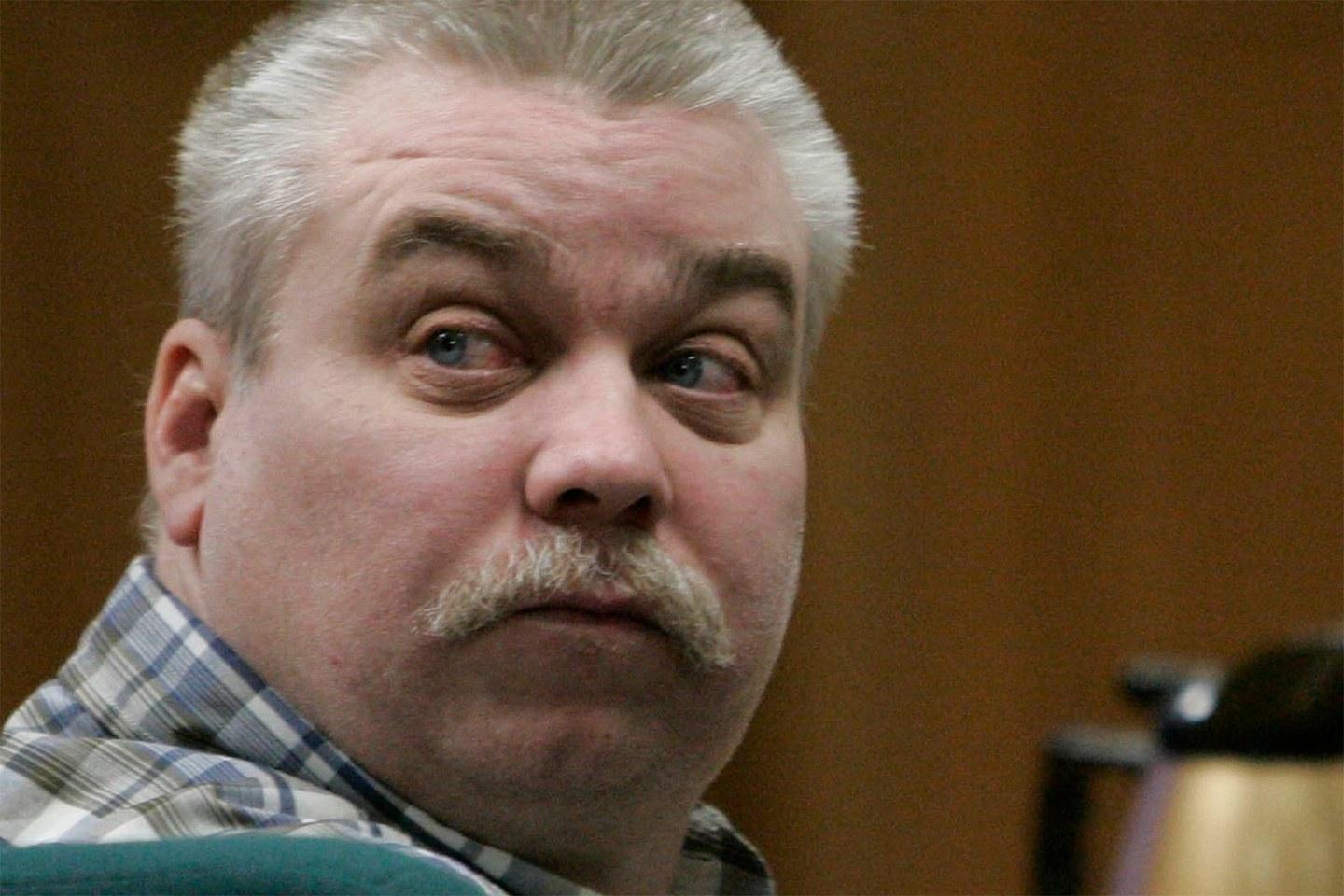The second season of Making a Murderer arrives on Netflix on Friday 19 October.
The 10-part true crime documentary was a sensation when it appeared in 2015, kicking over the case of Steven Avery and his nephew Brendan Dassey who were jailed for the killing of Auto Trader photographer Teresa Halbach in Manitowoc Country, Wisconsin, a decade earlier but still protesting their innocence.
Making a Murderer, written and directed by Laura Ricciardi and Moira Demos, inspired interest worldwide. A petition was submitted to the White House containing 500,000 signatures calling on President Barack Obama to issue pardons for Avery and Dassey while defence attorneys Dean Strang and Jerry Buting went on a speaking tour to rally support.
The Making a Mania podcast explores the phenomenon.
The new series sees Avery’s cause taken up by Kathleen Zellner, a high-profile Illinois lawyer specialising in wrongful convictions. But who is she and how might she advance the story?
Ms Zellner, 61, attended Concordia University in Montreal, Quebec, and obtained her law degree from Northern Illinois University.
She founded her own firm in the Chicago suburb of Downer Grove in January 1991 and has won the exoneration of 19 convicted men.
Among her greatest successes was the release of death row inmate Joseph Burrows, facing execution over the murder of farmer William E Dulan in his home in Iroqouis County, Illinois, in 1988. Mr Burrows was freed after she convinced the real killer, Gayle Potter, to confess to the crime.

In another instance, she represented Kevin Fox, imprisoned for murdering his daughter Riley in Wilmington, Illinois, in 2004 until the verdict was overturned on DNA evidence and paroled convict Scott Eby was found guilty instead. Mr Fox was eventually awarded $8.1m (£6.2m) in compensation after suing the US government.
She also overturned the case against Ryan Ferguson, convicted of the murder of Columbia Daily Tribune sports editor Kent Heitholt in 2001, after convincing the only eye witnesses to the crime to admit they had lied in court.
Perhaps the most shocking case of her career was that of Midwestern serial killer Larry Eyler, who admitted to Ms Zellner he had carried out 21 further homicides while sitting on death row awaiting execution for the killing of 15-year-old Daniel Bridges. He died of AIDs in 1994 before the death penalty could be administered.
In addition to Avery, Ms Zellner is also currently representing a victim of convicted child abuser and former USA Gymnastics team doctor Larry Nassar.
Regarding her involvement in the Avery case, Kathleen Zenner says: “I have one goal and that’s to overturn the conviction of Steven Avery... If he’s guilty, I’ll fail.”
In her bid to force a new trial, she has already submitted a 599-page dossier to the Wisconsin Circuit Court in Manitowoc County and asked to be allowed to supplement her findings with a CD containing data recovered from Brendan Dassey’s laptop.

The disc contains violent pornography that, she alleges, can only have been viewed by elder brother Bobby Dassey, a key witness against his family, whom Ms Zellner considers a person of interest.
She also believes Ms Halbach’s ex-boyfriend Ryan Hillegas should have been treated as a suspect by police the first time around, and has filed a 1,250-page motion stating as much, and it seems likely season two will follow her investigation into him.
Mr Hillegas has no alibi for the time of Teresa’s death, had suspicious scratches on his hand when interviewed in 2005 and deleted messages from the victim’s phone, she argues.
Another avenue of the inquiry is the mobile call made from the deceased’s device, picked up by a tower several miles from the Avery auto salvage yard on the last day of her life, suggesting the possibility she left the property before she was killed.







